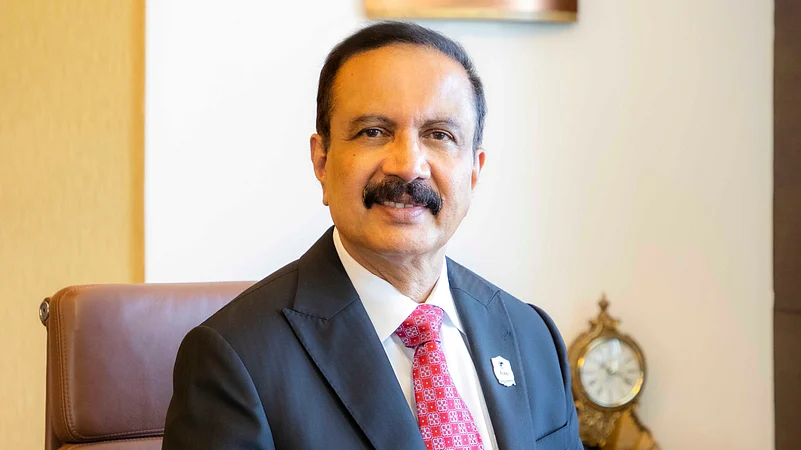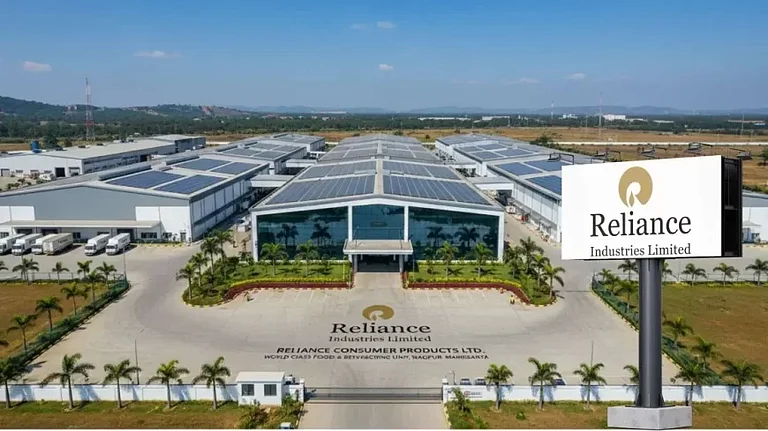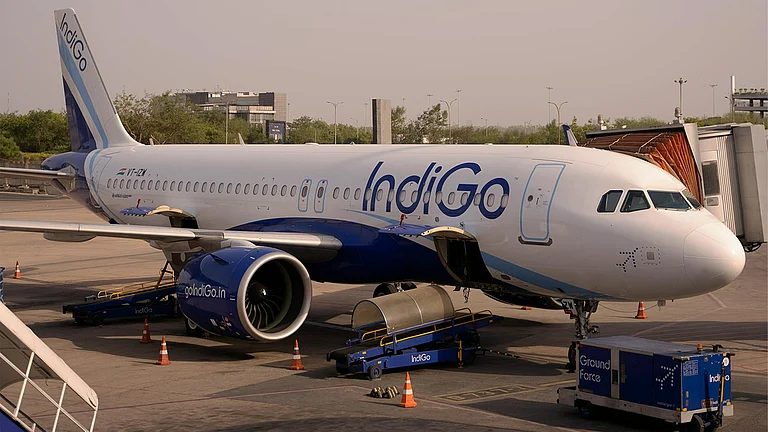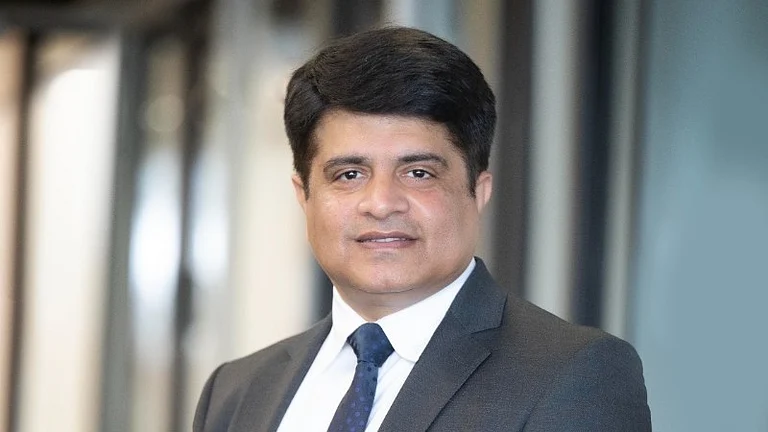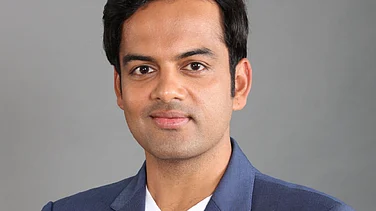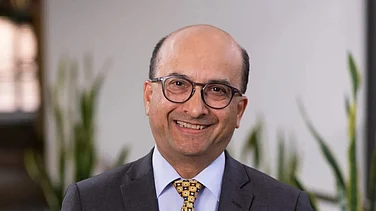Aster DM Healthcare, which is on its path to become India's largest hospital chain, aims to expand its bed capacity to 13,600, its founder and Chairman Dr Azad Moopen told Outlook Business in an interview. The company in April got Competition Commission of India (CCI) approval to merge with Blackstone-led Quality Care India Ltd.
The combined entity, which is named Aster DM Quality Care Ltd., will have a bed capacity of 10,301 beds—comprising 5,159 beds from Aster and 5,142 from QCIL. This means it would surpass Apollo Hospitals Enterprise's current 10,187 beds.
"Going forward, the merged entity plans to expand to around 13,600 beds, with Aster contributing over 2,100 beds and QCIL accounting for the remainder," Moopen said, adding that the company intends to add over 2,100 beds across the country over the next few years with a capital outlay of approximately ₹1,900 crore.
He noted that ₹323 crore has already been invested in critical projects as of the close of FY25.
"Of the 2,100+ planned beds, over 490+ will be added in FY26, 1,050+ in FY27, and the remaining 580+ beyond FY27. This expansion includes 939 beds in Bengaluru, 818 in Kerala, and additional capacity across other key regions, reinforcing Aster’s national presence," he added. The merger also paves the way for Aster to expand into new markets beyond its strong existing presence in Kerala and Karnataka, with increased reach into states like Madhya Pradesh, Odisha, Chhattisgarh, and Tamil Nadu.
Apollo Hospitals has also announced ₹8,000 crore capex in FY26, aimed at adding about 4,300 new beds over the next 3–4 years. Recently, Manipal Hospitals' acquisition of Maharashtra's Sahyadri Hospitals gave it a combined capacity of approximately 12,000 beds.
'Investments to Drive Affordability'
According to a recent Macquarie report, eight large listed hospital chains are slated to add over 15,000 beds in the next 3–5 years versus the addition of about 3,400 in the last five years.
Aster DM Healthcare Chair believes that increased investment in the private hospital sector, particularly from corporate entities and private equity, will drive greater affordability, accessibility, and quality over the long term.
"The infusion of capital enables healthcare providers to expand into underserved geographies, invest in advanced technologies, streamline operations, and improve efficiencies—all of which contribute to more affordable and patient-centric care," he said, adding that the healthcare sector is undergoing a significant wave of consolidation, driven by the need for scale, operational efficiency, and enhanced patient care.
"With healthcare delivery becoming more capital-intensive and competitive, both strategic players and private equity firms are expected to remain active in pursuing value-accretive deals across Tier I and Tier II cities," Dr Moopen said. "This trend reflects the evolving dynamics of the industry where organizations are increasingly seeking partnerships to address challenges such as rising costs and the demand for advanced technologies."
Merge Benefits from FY27 Onwards
Following the CCI approval on April 15, Aster, through the share swap agreement, has also completed the acquisition of a 5% stake in QCIL from Blackstone and TPG through a primary share issuance, representing 3.6% of Aster’s equity.
The merger now awaits NOC from the stock exchanges/SEBI, as well as approvals from shareholders and the National Company Law Tribunal (NCLT).
According to Azad Moopen, the transaction is expected to be completed by Q4 FY26, with integration benefits anticipated to start materialising from FY27 onwards.
"Integrating our extensive hospital portfolios will allow the new entity to benefit from economies of scale by negotiating better terms with suppliers, reducing costs, and streamlining inventory management, which will directly lower operational expenses and improve margins," he noted.
In Q4 FY25, Aster DM Healthcare reported a consolidated net profit of ₹85.54 crore, reversing a net loss of ₹2.17 crore in the same quarter last year. Revenue rose to ₹1,000.34 crore from ₹973.59 crore, with expenses marginally increasing to ₹904.65 crore. For the full fiscal year FY25, Aster posted a consolidated net profit of ₹5,407.89 crore, driven largely by a ₹5,148.09 crore gain from the sale of its GCC business, completed in April 2024. Annual revenue grew to ₹4,138.46 crore, up from ₹3,698.9 crore in FY24.







